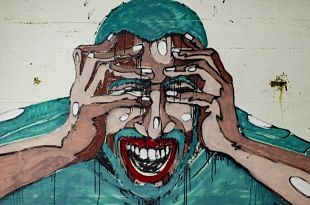WHAT IS ACNE AND ITS TREATMENT ?
In this post ,let's discuss about what is acne vulgaris and what are the ways to prevent it and its treatment
ACNE
1. WHAT IS ACNE?
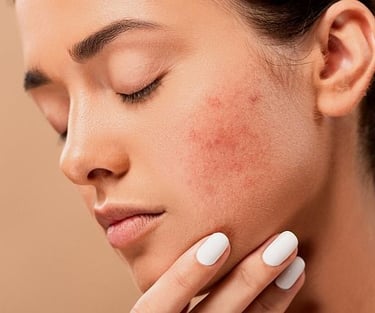

Acne or acne vulgaris is a self-limited disorder primarily of teenagers and young adults. It occurs due to an increase in the sebum production by sebaceous glands after puberty, forming small cyst or comedones. Bacteria release fatty acid from the sebum and cause inflammation in the cyst.
2. HOW DO ACNE PRESENTS?
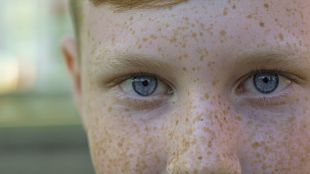

Therapeutically it presents as whitehead (closed comedones) or blackhead (open comedones).
Whitehead appears as 1-2 mm white papules, which are a precursor to inflammatory lesions.
Blackheads rarely cause ulcers and are filled with dark oily debris.
These ACNE sores are usually associated with the following :
1. Papule: small OR hard.
2. Pustule: leukocytes filled vesicle.
3. Nodule: a large lesion (0.5-5 cm) raised above the surrounding skin.
3. COMMON LOCATION OF ACNE
Most commonly occur on the face, but the involvement of the chest and back is also common.
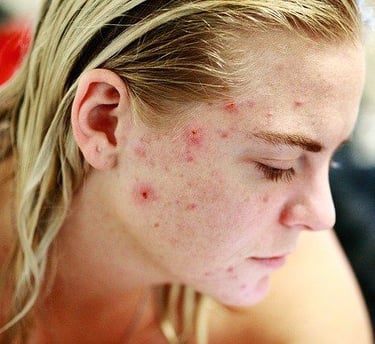

4. TREATMENT OF ACNE
4.1-MILD TO MODERATE DISEASE
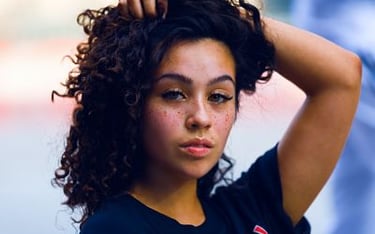

A. SKIN should be kept clean.
B. Avoid vigorous scrubbing.
C. Topical agents:
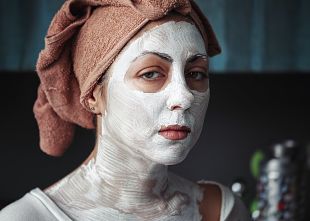

1. Benzoyl peroxide: start with once a day followed by 2-3 times a day as directed by the physician. After its application, apply sunscreen if you are going out. Benzoyl peroxide comes in various forms such as gel, cream, lotion, cleanser and face wash.
2. Salicylic acid: hydrate skin before application
3. Retinoids: apply on the clean skin in the evening in the concentration ranging from .005-0.1%
Topical antibiotics such as azelaic acid, erythromycin or clindamycin are also useful adjunct therapy.
4.2-Moderate to severe acne
Such patients benefit from the addition of systemic therapy such as
Tetracycline - 250-500mg twice a day or
Doxycycline -100 mg twice a day.
Female who do not respond to antibiotic therapy might need hormonal therapy such as oral contraceptives.
4.3-VERY SEVERE ACNE
